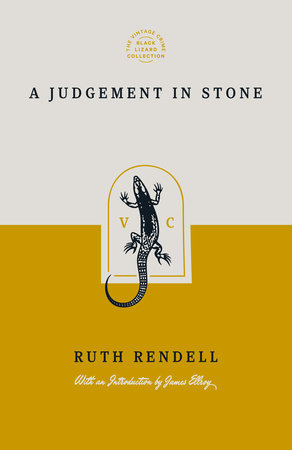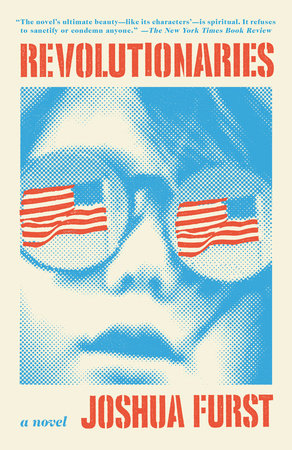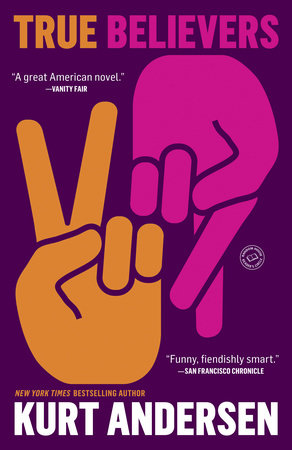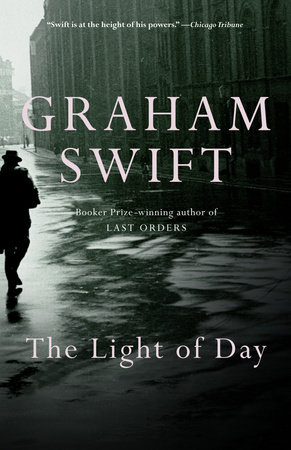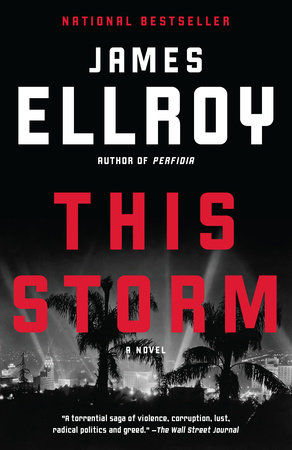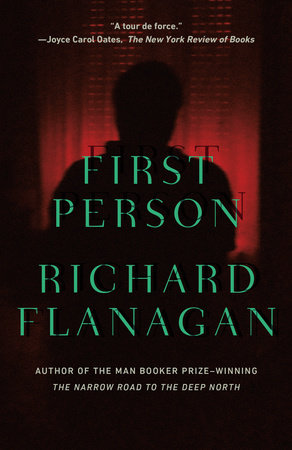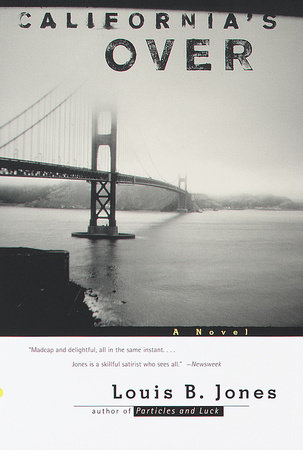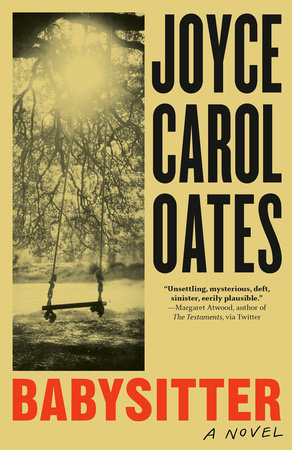Q: Where did you get the idea to write Motherless Brooklyn? What inspired you to write a novel from the point of view of a narrator who has Tourette’s Syndrome?
A: I became fascinated with Tourette’s by reading about it in Oliver Sacks’ essays–and after seeing a wonderful documentary film called Twitch and Shout, which intimately portrays the daily lives of a handful of very articulate and expressive Tourette’s sufferers. I began–involuntarily–to relate the symptoms of Tourette’s to aspects of my own temperament and personality: obsessiveness, disruptiveness, the struggle to shape and control language (a very writerly issue!). Tourette’s became vital to my own experience of the world, both inner and outer, an irresistible metaphor for things I felt, and I knew I had to try to get that feeling across to other people. That was the beginning.
Q: What response has there been from the Tourette’s community to the character of Lionel Essrog?
A: I’ve been lucky. Obviously, there are times in the book when I’m having dangerous amount of fun with Lionel and his condition. My research was careful, but I didn’t restrict myself to what I learned, didn’t turn in my poetic license. But, perhaps because I also identified with him so strongly, and therefore take the reader with me into his skin, the Tourette’s community has been very kind. They’ve read the book generously, written me letters, showed up at readings, and generally flattered me by suggesting I got Tourette’s right, emotionally if not strictly scientifically.
Q: The city of Brooklyn plays a major role in this novel. Of all the places in the world you could set this story, why Brooklyn?
A: I’m from Brooklyn. That’s the short answer. This book became an opportunity to breaking through to writing about my home turf for the first time–somehow, through Lionel’s eyes, I was able to see it "fictionally", and the result was a book that was much more about place, and about home, as subjects, than any I’d written before. And Brooklyn has a Tourettic, impulsive, interruptive, agitated energy to it which rhymed beautifully with Lionel’s perceptions and style, and with the twitchy, antic energy of the book. It couldn’t have been set anywhere else.
Q: Motherless Brooklyn has been described as, among other things, an "homage to the classic detective novel." As a novelist who also writes a lot of literary criticism how would you define your novel? And how would you review it?
A: Yikes, that sounds like an opportunity to put my foot in my mouth. And of course, I spend an awful lot of time working to make sure that my novels are "impossible" to categorize or pigeonhole. I’m fond of leading with one genre notion and then following with another, contradictory one. But–I would agree, of course, that in a perverse and playful way the book is an homage to detective fiction, yes. Lionel himself is desperate to be regarded as a Philip Marlowe-type detective, and in that he betrays my own reverence for the form. But I think the book is as much a comic coming-of-age story, a novel of delayed adolescence (Lionel’s in his thirties for most of it!) somewhat in the tradition of Catcher In The Rye, or Confederacy of Dunces. And it’s a love story. And a psychological novel. And…
Q: Do you ever wonder what writers like Chandler and Hammett would think of your novels, especially Motherless Brooklyn?
A: That’s an interesting question. In my mind a book like Motherless Brooklyn has so much to do with Chandler and Hammett, and yet I doubt they would see very much of themselves or their work in it. Of course, they’d probably spend most of the time trying to puzzle over the references to I Dream Of Genie and The Artist Formerly Known As Prince. And the cellphones. But seriously, both of those writers were so powerfully engaged with issues of violence and civility and class in the new American cities–they were really excavating material that had been treated only contemptuously, in pulp terms, and making something literary out of it. In the process they–particularly Hammett–defined a new kind of American voice which is now so taken for granted that it can be parodied in Steve Martin movies, and so on. My own hard-boiled (or, really, soft-boiled) books take those innovations very much for granted. If I’ve discovered anything new at all in Motherless Brooklyn it isn’t in the realm of Hammett and Chandler. What I owe to them is very, very traditional by now, and I dare say I haven’t advanced it an inch.
General Questions:
Q: What authors have been most influential to your own writing?
A: There are so many, and the most relevant to mention change from book to book. For instance, Girl In Landscape is derived from Shirley Jackson, Carson McCullers, Davis Grubb, and Charles Portis. As She Climbed Across the Table from Don Delillo, Stanislaw Lem, John Barth and Malcolm Bradbury. In fact, The Vintage Book of Amnesia includes many names which are among my most absolutely formative and influential early reading experiences: Philip K. Dick, Borges, Nabokov, Walker Percy, Thomas Disch, Donald Barthelme, Julio Cortazar. Those are some who shaped my sense of all the amazing things fiction could do and say… but equally, I’d count Graham Greene, Henry Miller, Robert Heinlein, Chandler and Hammett, of course… Iris Murdoch, Franz Kafka, Dickens, Gissing, Bronte… when should I stop?
Q: If you weren’t writing, what would you want to be doing for a living?
A: Easy. I’d go back to what I did before I made a living from writing, the only other thing I know how to do: working as a clerk in a used bookstore. Pining over books, touching them, taking them home instead of half my paycheck.
Q: What is the most difficult question that your readers ask you?
A: "My name is Czrllyzzk Mxzztpyl, will you please inscribe this book?"
Q: More and more, authors are expected to tour to promote the publication of their books? What is the most challenging aspect of hitting the road?
A: You’d have to be a real misanthrope–and a self-loathing one, at that–to complain much about having people show up to listen to you read your work aloud in public and then ask you basically flattering questions about how you spend your mornings padding around in your house every day, writing down your fantasies for which they will soon eagerly pay 24.95 and then show up and listen to you read aloud in public… people talk about ‘trying to stay humble’ and I wonder why you’d even need to try. I lived a blessed life. What gets me down sometimes is sheer exhaustion, and the logistics, and the air travel. The dumb stuff that fills in the spaces between the gratifying attention. I’ve seen my share of cancelled flights and hotel lobbies, just like Willie Nelson or the Kinks. And, just between you and me, talking into radio talk show microphones is sometimes draining–you feel like your words are falling into the void between the galaxies. Often in radio the guy who asked you the question is outside the booth smoking a cigarette while you answer it. But if there’s a real living, breathing person in a bookstore looking at you, waiting to hear what you think, then it’s a pleasure. Unless you’re painfully shy–and I’m not–meeting readers is as potentially nourishing (and therefore, I should say, as potentially disappointing) as any other form of human contact.






